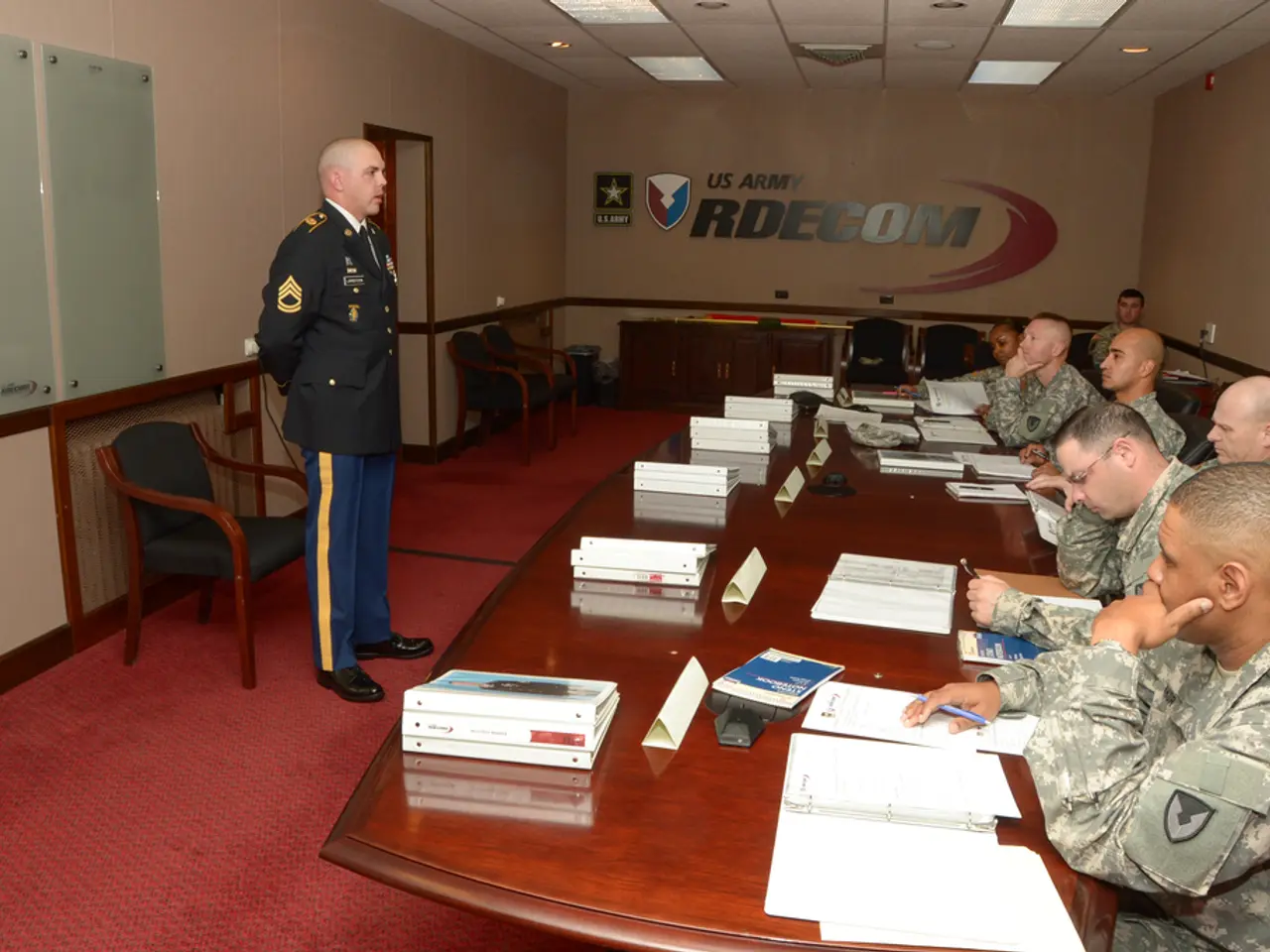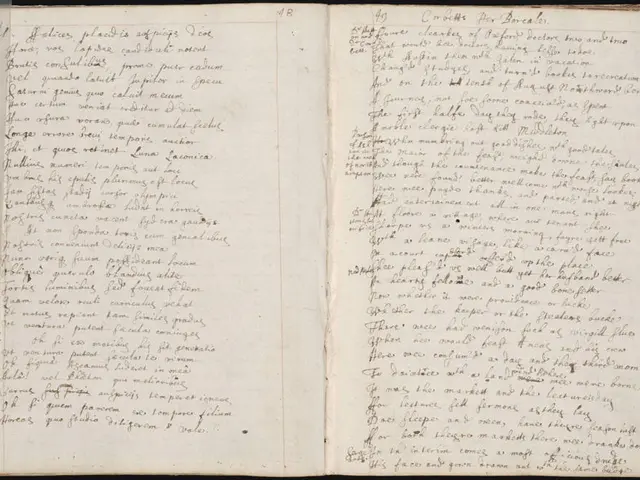Archivist Overseeing Legal Documents for Congressional Legislation
Jay Wyatt, a seasoned historian with a deep passion for American History, has been appointed as the Acting Director of the Center for Legislative Archives at the U.S. National Archives. This move comes after four years of dedicated service as the Center's Deputy Director.
Wyatt's academic journey began at Temple University in Philadelphia, where he earned both his Bachelor's and Doctoral degrees in American History. Before joining the National Archives and Records Administration (NARA), he served as the Executive Director of the Robert C. Byrd Center for Congressional History and Education at Shepherd University in West Virginia.
At the Byrd Center, Wyatt was instrumental in advancing the center’s mission to preserve and promote the history of the U.S. Congress. His leadership saw the organization host conferences, exhibits, and scholarly projects that enriched the understanding of legislative history. He also fostered collaboration between historians, archivists, educators, and policymakers, elevating the center’s profile in the field of congressional history.
In his new role at the Center for Legislative Archives, Wyatt leads an expansive portfolio focused on preserving and providing access to the records of the legislative branch. These records include the Records of the U.S. Senate, U.S. House of Representatives, and numerous historically significant congressional commissions.
The Center for Legislative Archives is committed to developing outreach programs and resources for scholars, educators, and the public to facilitate a greater understanding of Congress and American representative democracy. Under Wyatt's leadership, the Center also provides world-class reference service on the records of Congress to researchers and members of the public.
Moreover, the Center for Legislative Archives staff provide timely records services to the House and Senate to support the daily business of the U.S. Congress. This commitment to service is a testament to Wyatt's dedication to upholding the integrity and accessibility of the nation's legislative records.
Wyatt's appointment as Acting Director in December 2024 was a well-deserved recognition of his more than 10 years of leadership experience and work with congressional records. His academic qualifications, a Ph.D. and a BA in American History from Temple University in Philadelphia, have undoubtedly equipped him with the knowledge and skills necessary to excel in his new role.
While specific details about Wyatt's full background, achievements, and current activities at the Center for Legislative Archives are not widely available, consulting official National Archives or Shepherd University sources would provide the most accurate and comprehensive information.
As Jay Wyatt transitions into his new role as Acting Director of the Center for Legislative Archives at the U.S. National Archives, he is expected to leverage his expertise in American History to further advance his career in the field of education-and-self-development, particularly in the context of business and finance, given his previous experiences leading the Robert C. Byrd Center for Congressional History and Education. His comprehensive education, including a Ph.D. and a BA in American History from Temple University, will undoubtedly serve him well in this new endeavor. Additionally, Wyatt's extensive experience in managing congressional records, which he honed during his tenure at the Byrd Center, will be instrumental in his efforts to improve the Center for Legislative Archives' reference service, enhancing the understanding of Congress and American representative democracy for scholars, educators, and the public.







